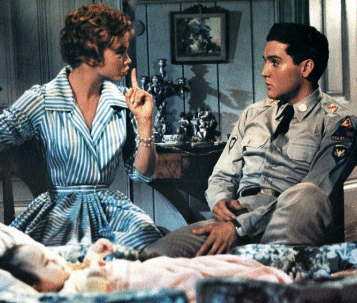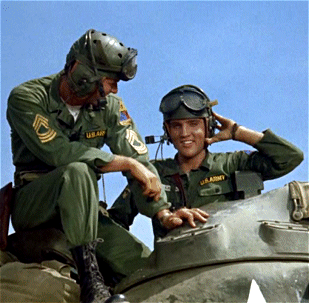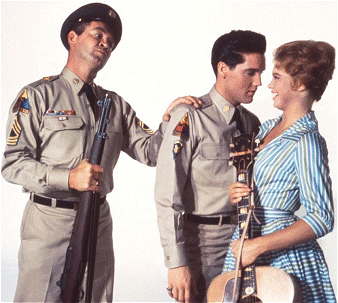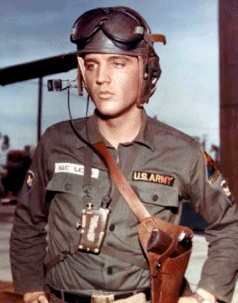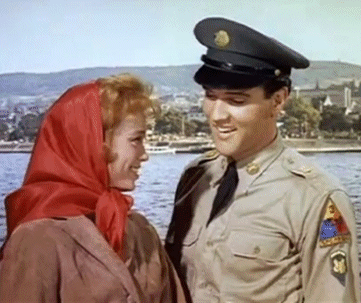 |
Bill
Harry attended
the Liverpool College of Art with Stuart Sutcliffe and John Lennon and made
the arrangements for Brian Epstein to visit The Cavern, where he saw The
Beatles for the first time. Bill was a member of 'The Dissenters' and the
founder and editor of 'Mersey Beat', the iconic weekly music newspaper
that documented the early Sixties music scene in the Liverpool area and
is possibly best known for being the first periodical to feature a local
band called 'The Beatles'. He has worked as a high powered publicist, doing
PR for acts such as Suzi Quatro, Free, The Arrows and Hot Chocolate and
has managed press campaigns for record labels such as CBS, EMI, Polydor.
Bill is the critically acclaimed author of a large number of books about
The Beatles and the 60s era including 'The Beatles Who's Who', 'The Best
Years of the Beatles' and the Fab Four's 'Encyclopedia' series. He has appeared
on 'Good Morning America' and has received a Gold Award from the British
Academy of Songwriters, Composers and Authors. |
